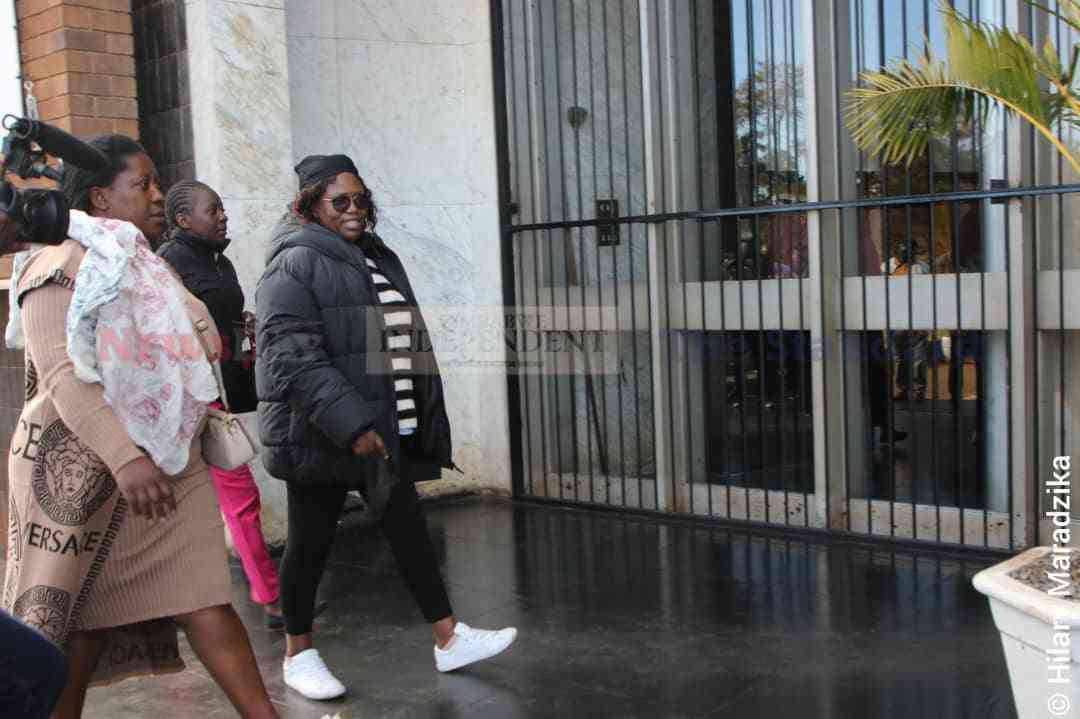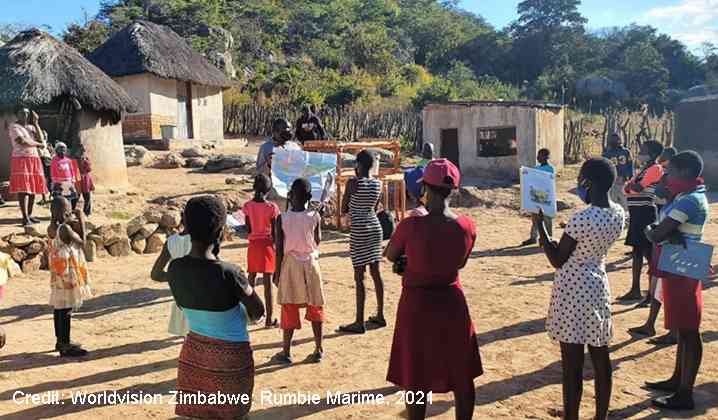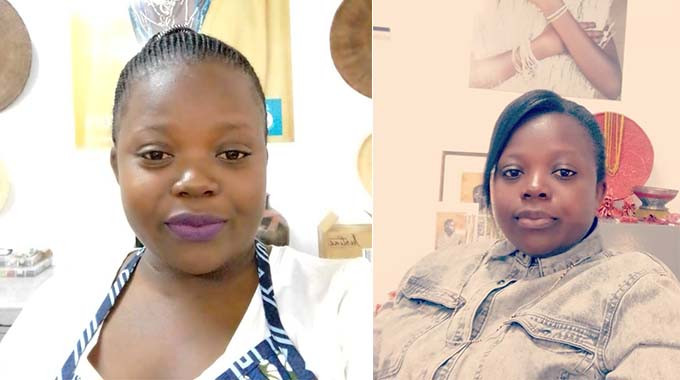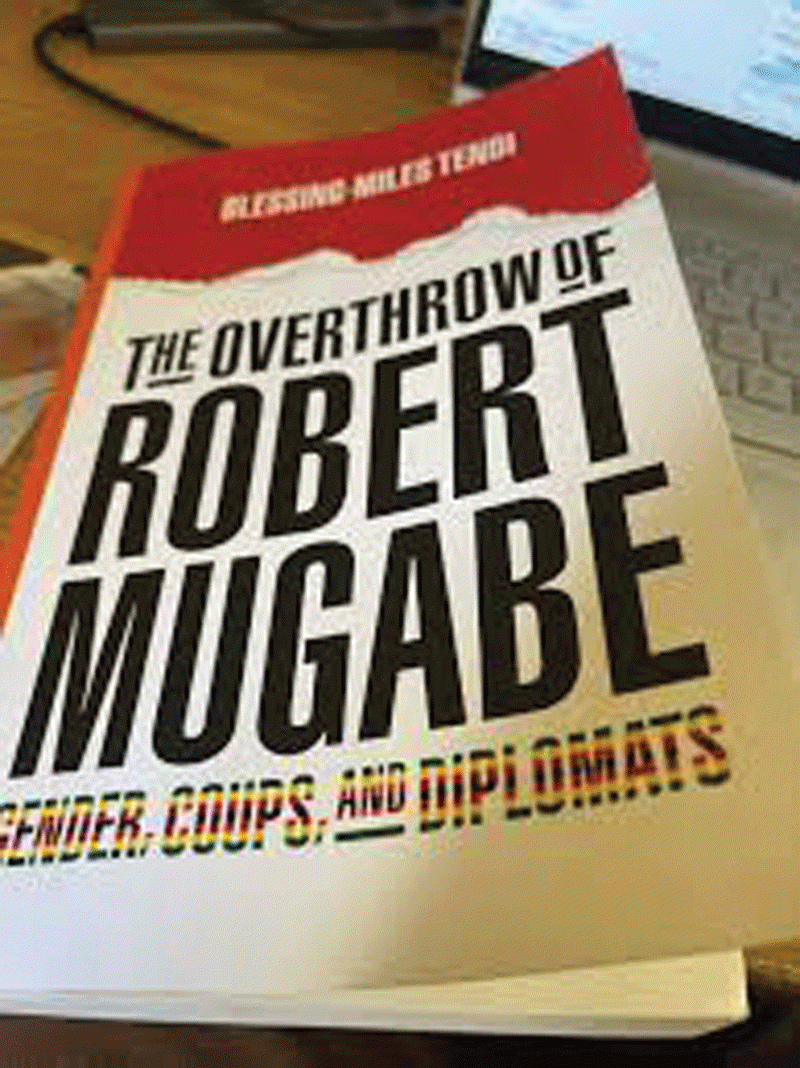
Takemore Mazuruse
It’s not every day that an ordinary boy from rural areas in Seke can rise to become an influential development practitioner not only in Zimbabwe, but even places yonder and when opportunity meets preparedness, success happens. Such is the story of Archilove Takunda Tanyanyiwa who was recently honoured with a lofty position in Norway.
Born on December 28, 1990 in Makoni, Rusape, but hailing from Seke in Mashonaland East province, Tanyanyiwa is one story of defying odds and shrugging adversity. Even as he nears completion of his Masters’ Degree in Global Development with a health promotions specialisation in Norway, he believes he is duty-bound to come back and give back to his very community.
“The Lord has been good to me, but this is not too easy. I have it easy to be where I am,” Tanyanyiwa told Standard Style.
“My upbringing had its fair share of challenges and limitations but thank God for purpose and an undying ambition the future looks brighter.
“I am so given to the community development agenda and with my current studies, I hope to enhance my career prospects and be in a position to serve better.”
Indeed good work always comes with a reward and the young doer was recently selected to be part of the Women Deliver Alumni Committee representing Southern Africa and Zimbabwe.
“I have always believed in my commitment to community development and I have received acknowledgement for all that, but the biggest news today is that I have been selected to be part of the Women Deliver Alumni Committee representing the Southern African region and Zimbabwe in particular,” he said.
- Chamisa under fire over US$120K donation
- Mavhunga puts DeMbare into Chibuku quarterfinals
- Pension funds bet on Cabora Bassa oilfields
- Councils defy govt fire tender directive
Keep Reading
“Our role is to shape the programming and development of this international development partnership for gender equality organisations and I believe this will birth positive change in our communities.
“Having done development work from the grassroots, I believe it’s important to also influence how development functions at a global level and most importantly represent my country and the interests of its grassroots communities.”
Tanyanyiwa grew up in Gaura village, and went to Chirimamhunga Primary School and had very little interaction with the more urbanised section of Seke.
“I grew up in Gaura village and while Seke is a very close place to Chitungwiza and Harare, I seldom stepped my foot there as I stayed with my family at our village, particularly my mother. My father would work in the industries in the city like many males in the 1990s and come back home during weekends,” he said.
“While at home, I did the general work that an average village boy would do. Seke is home for horticulture, so I would occasionally help out with vegetables that she would sell either to other people in the community or go with other women in the area to Chikwanha market or of late a place they call Jambanja.”
As a result of that upbringing and the direct interface with the industrious aspect of the horticulture practitioners in Seke, Tanyanyiwa reckons his life campus was shaped.
“Two things came out of my upbringing, firstly how my mother was very serious about school work, helping me out and motivating me to achieve more,” Tanyanyiwa said.
“She was so motivated to help me with homework and felt that she did not do so well due to many reasons herself for example schools closed during the liberation struggle and she had to continue with school later after things had stabilised and this kept her energy towards our education.
“Secondly was the industrious and hardworking attributes. Because of the proximity to the city and quick access to money through growing vegetables and selling at Chikwanha, Mbare or Jambanja, many of my peers either dropped out of school and started growing vegetables or others were forced by situation to support their parents so that they could go get money for sustenance but for me it spurred me on to work harder and develop myself.”
Growing up in Seke shaped Tanyanyiwa’s community development trajectory and he is grateful for the life lessons that experience taught him. He has since founded Ramangwana Grassroots Development Initiative Trust to deal with some of the related community challenges.
“Having seen how the rural economy functioned, how families in Seke relied on vegetable growing and how that economy was and still is anchored by women in the area, I felt that our mothers, grandmothers and sisters are not appreciated well especially with regards to their role in raising and sending children to school and providing for their families,” he said.
“Besides that, I noticed that despite the fact that women were and are key players in economic activity in the village, they traditionally play second fiddle in owning land be it family land or communal land.
“This disturbs a lot and it’s something that I seek to work on with my Ramangwana Grassroots Development Initiative Trust that we established in 2019 to enhance sustainable rural economies through among other things an investment in education and talent, promotion of health and gender equality.”
Tanyanyiwa said he remains alive to the challenges that the girl child faces in comparison to the boy child and his upbringing in Seke is testimony to that with his family coming in with the much-needed support and guidance.
“People always joke saying Seke is not really rural, but believe you me, just like any other community, they are vulnerable,” Tanyanyiwa said.
“All these experience started shaping my career path and passion for development work later when I was at university and meeting like-minded people and gender rights movements.
“Family is key to the development of communities and and careers. I was fortunate to get that from family.
“I did my O’ Level in Chivhu at Liebenberg High School and then went to Mbare for my A’ Level, which then led me to the Univesity of Zimbabwe where I did an Honours Degree in Public Administration,” he said.
As a temporary teacher atMandedza High school and Muda Secondary School, Tanyanyiwa witnessed a lot about women and their role in rural economy coupled by the absenteeism of pupils who would be working in the fields.
“Sometimes I would have one child in class, or record no attendance at all,” he said.
“At university I volunteered with a number of institutions like Organisation for Zimbabwe Trust, Youth Empowerment and Transformation Trust (YETT) and Winter School Alumni 2014, which gave birth to many more work and expertise.
“In 2015 I took part in the “YETT Participate 2015” where I presented on youth and electoral participation. In 2016 I led the My Health my dignity campaign, advocacy through film, capturing the lived realities of young school going girls and how menstrual challenges affect their schooling, threatens their dignity and compromise equality in education access between girls and boys.
“In 2017, I was selected for Young African Leaders Initiative (Yali), Canvassity Pan African Youth Democracy fellowship, where we engaged the African Union on Youth and Inclusion in leadership. My project for Canvassity was on how menstrual health deficiencies can compromise education and how it is important to cater for the vulnerable youth.
“I am happy that since 2016 when I led the My Health My Dignity campaign, I learnt a lot and met many female parliamentarians about this issue and what’s more fascinating is that the voice of youth is becoming louder on these issues.”
In 2017 to 2018, Tanyanyiwa worked on a pilot project supporting a few vulnerable children with school fees and now they are building proper structures and systems at Ramangwana Grassroots development to make sure that they support the rural economy in a more sustainable manner that will not only help them pay school fees but also improve their lifestyle.
“One of the key strategies is value addition through innovative and sustainable agricultural practices,” he said.
“I also noted is that the rural economy is biased towards safeguarding the interests of the cities not the villagers, an example is the location of the markets and how despite the contribution that Seke Rural, Domboshava and Mhondoro give to food security within Harare and areas around. They still do not have control over the markets and everything is dictated for them on top of many challenges that people face with regards to transporting their produce.”
The passionate community development practitioner is in Norway, thanks to his community development acumen and continues to serve in various capacities.
“Due to the work that I do, I have been part of the Norwegian Agency for Exchange Cooperation, having worked as a programmes advisor for the Norwegian Students and Academics Assistance Fund where I was managing gender equality projects in Zimbabwe and South Africa for one year,” he said.
“In 2018 I joined Women Deliver pool of young leaders championing gender equality. In this, one of the key roles that I have been part of was to be among the transformation engagement working group that aimed at transforming the institution into an inclusive and anti-racist gender equality organisation in partnership with Kore Global a gender equality consultant and research institution.”
Tanyanyiwa, who is part of International Union for Health Promoters, volunteering with international men’s health organisation in Norway specialising on diversity and health partnership research, has got many plans for rural Zimbabwe.
“I plan to mobilise resources for the development of grassroots and rural economies in Zimbabwe and in particular support women who anchor it,” he said.
“I believe development is found where one is and development can happen even in a remote village.
“Partnerships are essential for this and so far Girls and Women Empowement Network Trust (Seke), Young Achievement Sports for Development (Hatcliffe) and Nhimbe Youth Trust (Makoni/Rusape) have been instrumental to these goals,” he said.











